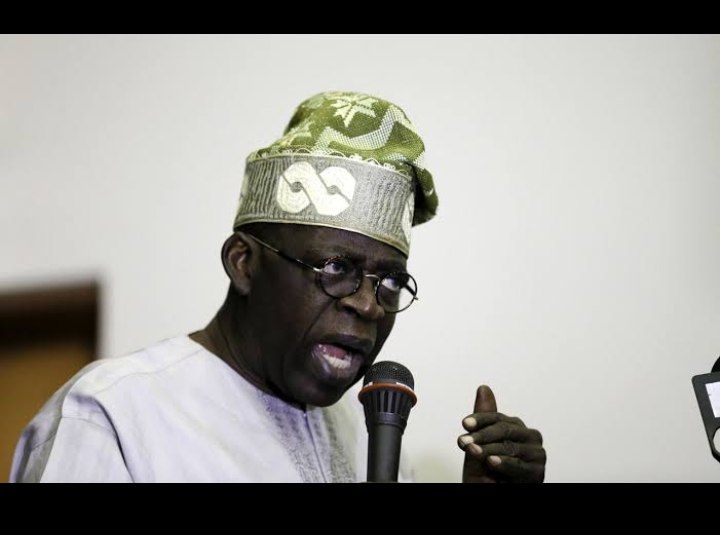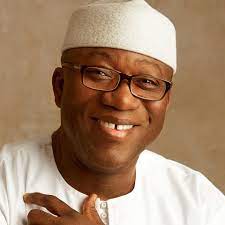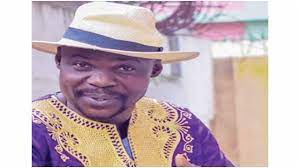Former Lagos State Chief Executive, Bola Tinubu has reeled a seven-point agenda as he seeks to occupy the number one position in the country.
The All Progressives Congress (APC) chieftain believes his agenda would revive the already troubled economy of Nigeria, while drastically reducing the country’s dependence on petrol-dollars.
Tinubu while positing that his intention to contest the Nigerian Presidency is based on it’s mission to improve the nation’s economy to benefit the citizenry, noted that lack of electricity is the single greatest impediment to economic advancement.
The APC National Leader added that the lack of power inflates costs, undercuts productivity, while causing havoc to overall economic activity and job creation.
In his words:
“Our economic situation is literally and figuratively in the dark. The hurdles we face are not technical in nature. We must convince those political and economic factors currently impeding our quest for reliable power to step aside so that we may obtain this critical ingredient to economic vitality,” he said.
The Jagaban of Borgu warned that Nigeria must realise that no populous nation has and will ever attained broadly-shared prosperity without building an industrial capacity that has the capacity to employ large numbers of people, while manufacturing a significant quantity of goods for domestic consumption or export.
Continuing, he said: “England, America and China had implemented policies to protect key industries, promote employment and encourage exports, explaining that these countries represent the past, present and immediate future of national economic achievement.
“A strong, common trend is their policies of buffering strategic industries in ways that allow for the expansion and growth of the overall economy.
“So, we must press forward with a national industrial policy fostering the development of strategic industries that create jobs as well as spur further economic growth.”
“Whether we decide to focus attention on steel, textiles, cars, machinery components, or other items, we must focus on manufacturing things that Nigerians and the rest of the world value and want to buy. We must partially reshape the marketplace to accomplish this.
”The Asiwaju of Lagos made a case for the development of a policy of tax credits, subsidies that insulate critical sectors from the negative impact of imports.
While recommending a national infrastructure plan, Tinubu noted that roads, ports, bridges and railways needed enhancing, and new ones need to be built with the goal being to develop a coherently planned and integrated infrastructural grid.
He said: “A national economy cannot grow beyond the capacity of the infrastructure that serves it. Good infrastructure yields a prospering economy. Weak infrastructure relegates the economy to the poorhouse. The government must take the lead. The focus on infrastructure has important corollary benefits.
“Federal expenditure for needed infrastructure spending has empirically proven in every place and in every era to boost recessionary economies and provide employment when sorely needed.“Deficit spending in our own currency to advance this mission is neither a luxury nor a mistake. It is a fulcrum of balanced and shared prosperity. We must overcome the economic, political and bureaucratic bottlenecks preventing us from achieving reliable electrical power.”
While also proposing a credit-based economy, Tinubu stated that credit for business investment was too costly in Nigeria.
“The long-term economic strength of the nation is dependent on how we deploy idle men, material and machines into productive endeavors. And this is highly dependent on the interest rate,” he said.






